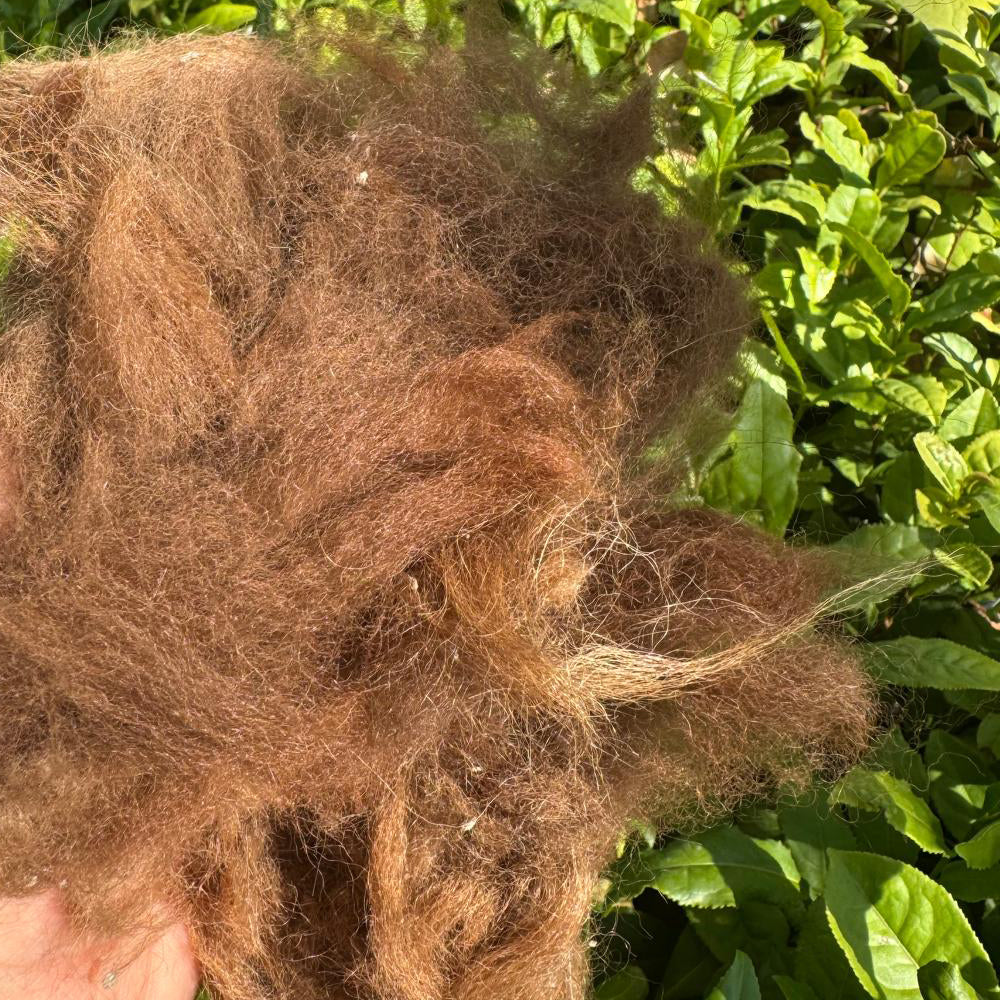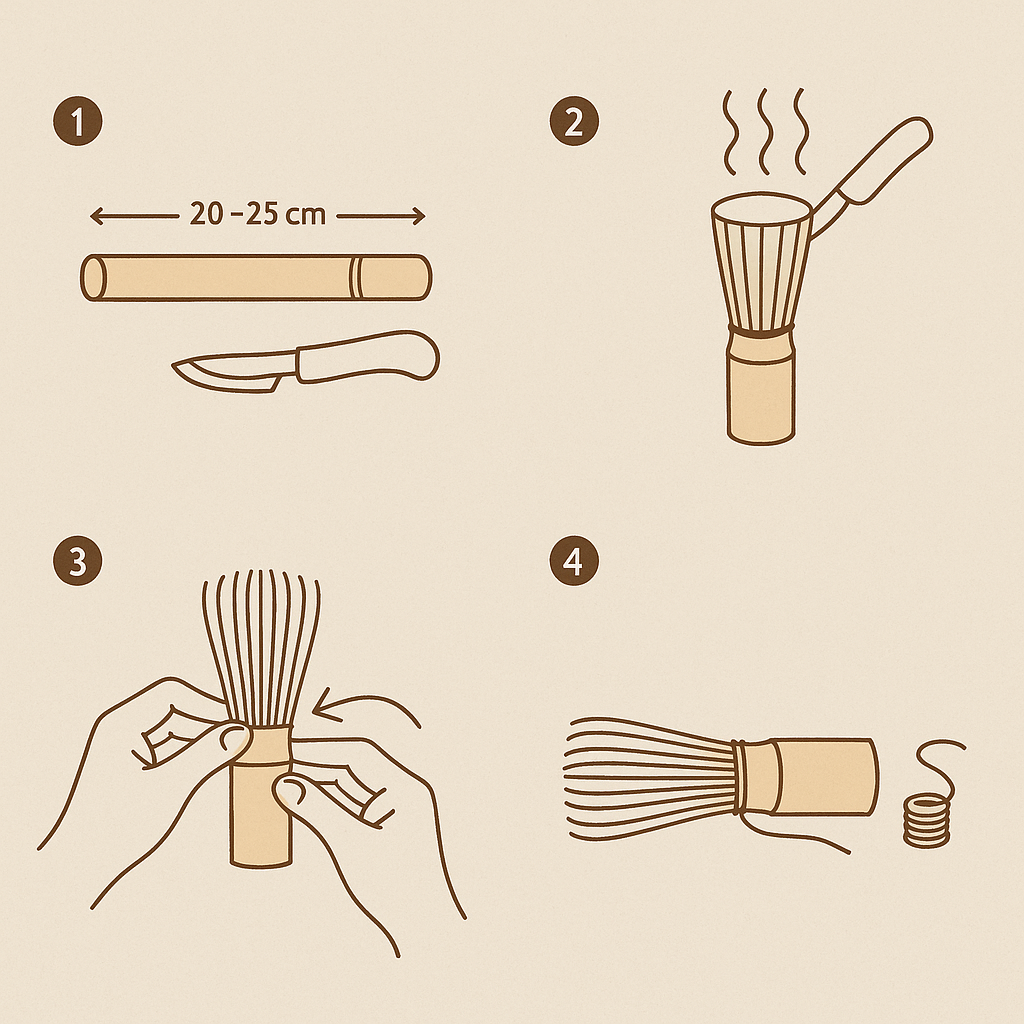Anyone who wants to grow healthy and aromatic tea plants in Germany knows that choosing the right fertilizer is crucial. Alpaca wool offers a natural, sustainable, and extremely effective solution—a real insider tip among organic gardeners. In this article, you'll learn why alpaca wool is an excellent long-term fertilizer for tea and how to use it optimally when growing tea plants.
Why alpaca wool is an ideal organic fertilizer for tea plants
Alpaca wool is a purely organic, natural material that results from the shearing of the animals. Instead of rotting unused, this wool can be used in the garden as a gentle, long-lasting fertilizer – completely chemical-free.
The most important ingredients:
-
Nitrogen (N) – for strong leaf growth
-
Potassium (K) – strengthens flowers and resistance
-
Phosphorus (P) – supports root formation
-
Sulphur and trace elements – for healthy plant development
Because alpaca wool decomposes slowly, it releases its nutrients evenly over months. This makes it ideal for tea plants that require constant but mild fertilization.
Fertilizing tea plants naturally – what matters
Fertilizing is especially important for sensitive plants like Camellia sinensis —the true tea plant—or herbal teas like lemon balm, mint, or verbena. Too much fertilizer or synthetic fertilizers can disrupt growth or affect the flavor.
Alpaca wool scores in several ways:
-
Long-term effect without overfertilization
-
Odorless and hygienic
-
No chemical residues
-
Promotes soil life and retains moisture
-
Suitable for potted and outdoor plants alike
Tea from Germany: Grow sustainably and fertilize properly
More and more people in Germany want to grow their own tea – whether in the garden, in the greenhouse, or on the balcony. Especially in combination with the trend toward organic and regional self-sufficiency, a natural fertilizer like alpaca wool is ideal.
Whether in a raised bed, in a pot, or directly in the garden – if you want to fertilize your tea plants naturally , alpaca wool is a smart, sustainable choice. The plants will thank you with vigorous growth, a rich aroma, and high resilience.
Application: How to use alpaca wool as fertilizer for tea
1. Work in when planting
Place a handful of shredded alpaca wool directly into the planting hole or mix it with the soil when repotting.
2. Use as mulch
Spread the wool loosely on the soil around the plant. This protects it from drying out and provides the roots with a constant supply of nutrients.
3. In raised beds and herb layers
Incorporate alpaca wool into the organic layer of your raised beds. It improves the structure and provides the soil with long-lasting nutrients.
Frequently Asked Questions (FAQ)
Is alpaca wool suitable for tea plants?
Yes, alpaca wool is an excellent natural fertilizer for tea plants. It works slowly and gently, making it ideal for sensitive plants.
How often do I need to fertilize tea plants with alpaca wool?
One application in spring is often sufficient, as alpaca wool releases nutrients over several months.
Whether you want to grow your own German tea or are simply looking for a natural long-term fertilizer, alpaca wool is a sustainable, effective, and uncomplicated solution. It provides your plants with everything they need for months – and, incidentally, ensures healthy soil and a good feeling while gardening.




Leave a comment
This site is protected by hCaptcha and the hCaptcha Privacy Policy and Terms of Service apply.